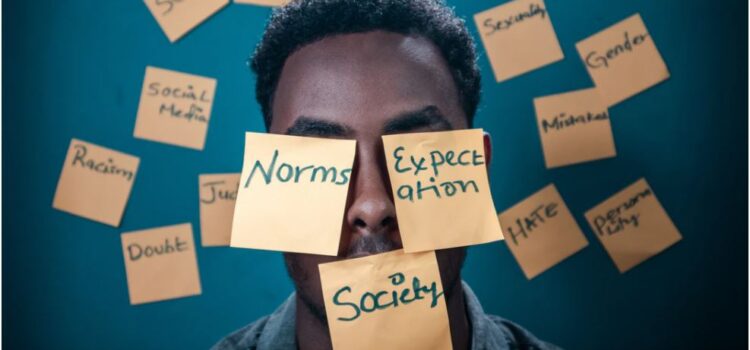

This article is an excerpt from the Shortform book guide to "The Gifts of Imperfection" by Brené Brown. Shortform has the world's best summaries and analyses of books you should be reading.
Like this article? Sign up for a free trial here .
Why is comparing yourself to others so damaging? How can you work to reject self-comparison?
Brené Brown’s guidepost #6 from The Gifts of Imperfection is to reject self-comparison. She says that when we compare ourselves to others, we begin to conform to society’s expectations rather than embracing our individuality.
Continue reading to learn more about the dangers of self-comparison
Reject Comparison
We all tend to compare ourselves to others. However, Brown’s sixth guidepost for Wholehearted living involves rejecting the temptation to do this: refusing to engage in comparison because of the damage it can do.
The Problem With Self-Comparison
Self-comparison’s damage lies in the fact that it involves both competition and conformity. At first, this might seem counterintuitive. How can we both compete with others and strive to conform at the same time? Surely competing with others requires being different from them—specifically, being better?
Brown argues that competition and conformity do co-exist, and do so very destructively. They feed into each other when you want to be the “best” in your particular social or societal group—when you want to conform to that group’s standards, and do so “better” than everyone else. For example, if you live in a traditional suburb with broadly identical houses, you might want to become “better” than your neighbors by having the greenest lawn, the nicest yard, or the most desirable car.
When you allow comparison, competition, and conformity to take over, you lose sight of your inherent worthiness. You begin to base your self-worth on how well you match up against others—on how well you’re conforming. You think you’ll only be worthy if you meet certain standards of behavior. This is incompatible with the unconditional self-acceptance that underpins true worthiness.
Constantly comparing yourself to and competing with those around you may also harm your connections. If you compare yourself to someone and decide that you’re “worse” than them, you might become jealous or envious. These negative feelings will erode your bond. Likewise, comparing yourself to someone else and deciding that you’re “better” than them is, at its root, a form of judgment. You’ve decided that this person is “lesser” than you. This isn’t a good foundation for a strong, equal connection—and it isn’t particularly compassionate, either.
How Can You Reject Comparison?
Letting go of self-comparison can be a tricky task. This way of thinking is deeply ingrained in many of us. However, you can reduce your temptation to compare by recognizing and celebrating your individuality. Acknowledge that everyone, including you, has unique strengths and weaknesses and something original to contribute to the world. Because all humans are fundamentally different, trying to compare yourself to others is pointless.
Celebrating your individuality will grow your self-compassion. You’ll stop seeing your differences from others as signs that you’re not good enough, and you’ll stop pressuring yourself to conform. Instead, you’ll start to embrace your uniqueness as a part of what makes you special.
The Power of Creativity
You can cultivate your sense of individuality by being creative. Paint, draw, sew, invent new recipes, sculpt, write: Do anything that indulges your creative side. Being creative cultivates individuality because it involves producing something original using your unique skills. Nobody else has the same creative skillset as you or expresses their creativity in the same way as you. Therefore, your creative talents represent a part of you that’s incomparable.
You might think that you’re not a very creative person. However, Brown argues that creativity lives within us all. Often, people who claim they aren’t creative are just scared that expressing their creativity will come across as self-indulgent or unproductive and that using it will lead to shame and judgment from others. If you can move past this fear and be creative regardless of what anyone else thinks, you can bring self-expression and worthiness into your life.

———End of Preview———
Like what you just read? Read the rest of the world's best book summary and analysis of Brené Brown's "The Gifts of Imperfection" at Shortform .
Here's what you'll find in our full The Gifts of Imperfection summary :
- How to stop feeling like you're not "good enough"
- How shame affects your self-worth
- The 10 guideposts to living Wholeheartedly and cultivating worthiness






